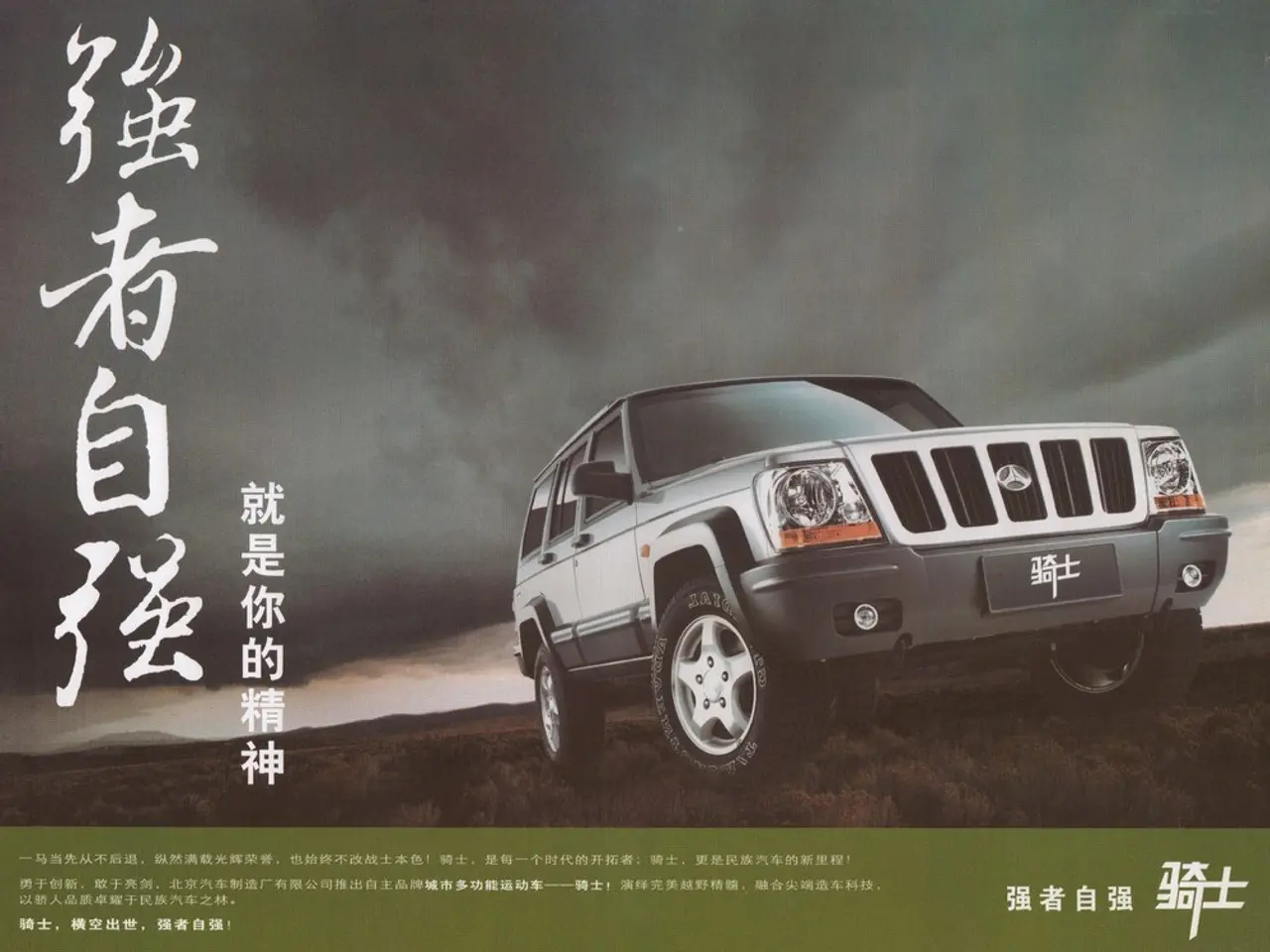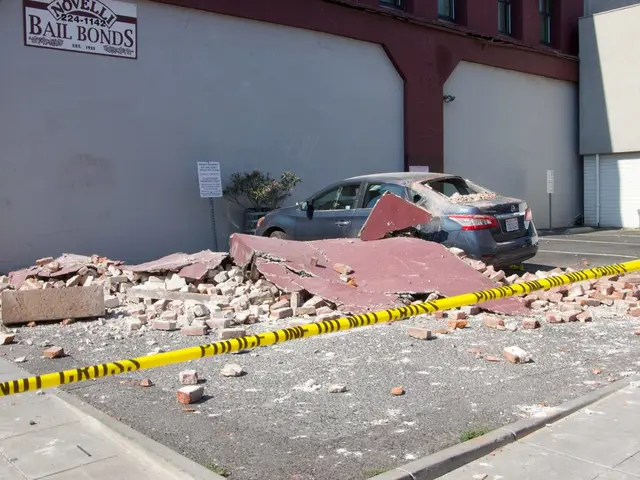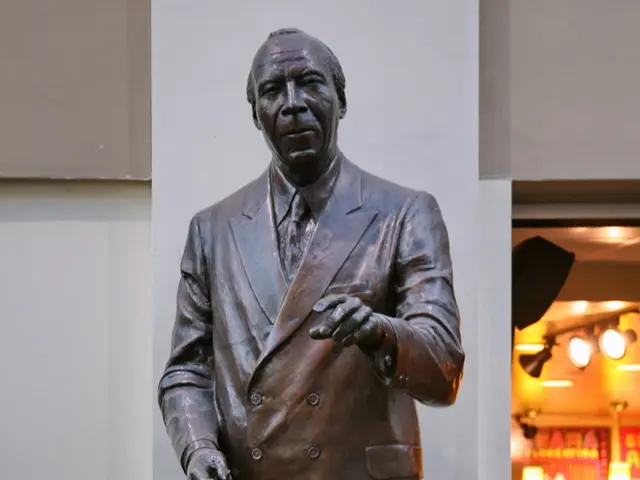Tumultuous End for China's Evergrande, Amidst Stock Market Chaos
Evergrande, once a significant contributor to China's economy, accounting for around one-fifth of the country's GDP, has become a symbol of the nation's ongoing property crisis. The real estate conglomerate, which was once the largest property developer in South China, made a glittering stock market debut in 2009.
At its peak, Evergrande managed around 1,300 construction projects in 280 Chinese cities. The company, which was once the poster child of China's construction boom, owned the Guangzhou FC football team for several years. However, the company's fortunes have taken a dramatic turn.
Evergrande's debt pile is approximately $300 billion, and the company could no longer complete already paid-for but not yet built apartments. The tightened credit rules implemented by the central government in Beijing starting in 2020 made it harder for property developers to borrow money, and Evergrande struggled to meet its obligations to creditors.
As a result, trading in Evergrande's shares was suspended since January 29, 2024, and the company was delisted from the stock exchange in Hong Kong. The suspension of trading was due to a court ruling in favor of foreign creditors seeking to dismantle Evergrande. In March 2024, the stock market regulator banned Hui Ka Yan, Evergrande's chairman, from trading stocks in China for life.
Anger among affected property owners grew, and authorities began investigating Hui. As of early 2024, there is no publicly available information indicating ongoing investigations specifically against Hui following the trading ban on his stocks in Chinese markets in March 2024; the focus has been on the company’s liquidation ordered by a Hong Kong court in January 2024.
Evergrande's chairman, Hui Ka Yan, became China's richest man at one point. However, the company's struggles have had far-reaching consequences. China's property crisis has been slowing the nation's economic engine since 2021, and it has been shaking consumer confidence. The crisis has been a major topic of conversation in China, with many questioning the sustainability of the country's real estate market.
In conclusion, Evergrande's fall from grace serves as a stark reminder of the risks associated with the real estate market and the importance of sound financial management. The company's struggles have had a significant impact on China's economy and have highlighted the need for reform in the country's property sector.








